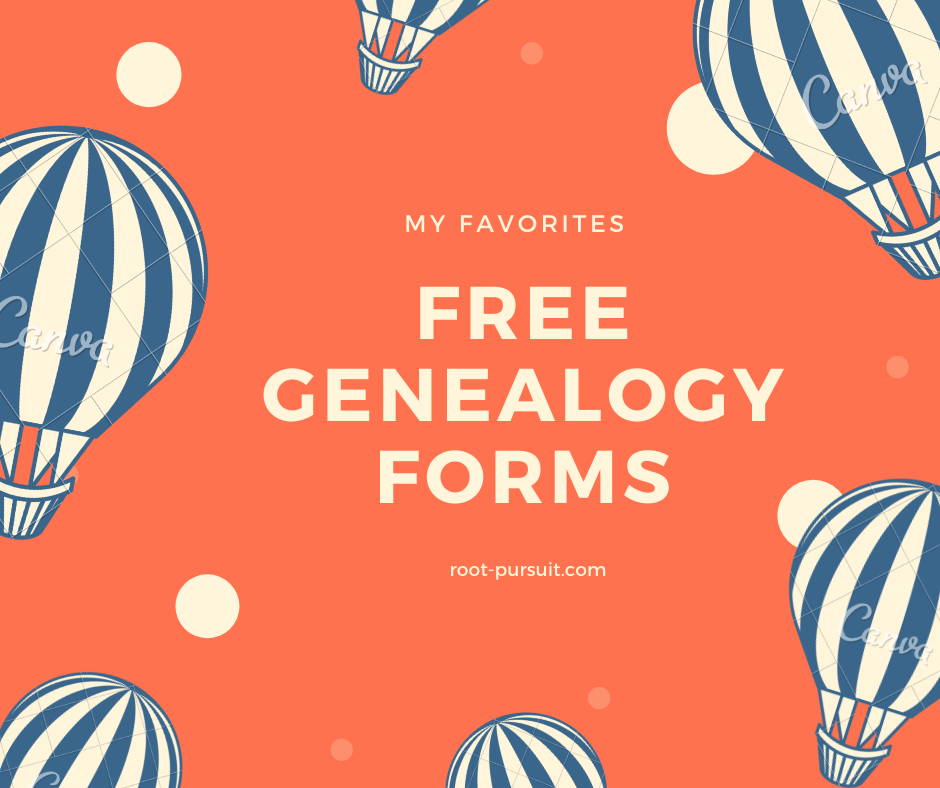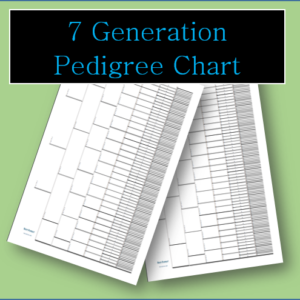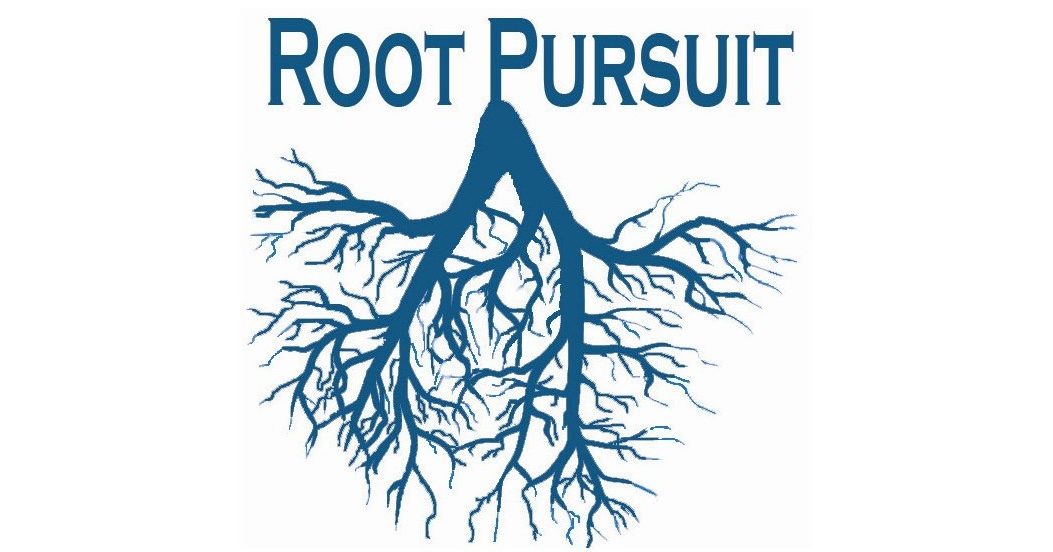Written by Heather Wylie
Newspapers are perhaps some of the most underappreciated resources available for a genealogist. My grandparents would often keep a box of old obituaries from the newspapers – many of which have been invaluable to my research (many of them I’ve not been able to find in online archives yet). Newspapers.com is one of the most extensive online newspaper archives. Newspaperarchive.com is another excellent source and there are countless others. Newspapers help piece together the activities of the lives of our ancestors beyond vital records.
Obituaries are one of the main things I search out in newspaper archives. They are amazingly helpful when providing information about your ancestor’s birth, death, and some of the main events of their lives. Sometimes, they’re very short. Sometimes they’re more of a narrative. I remember the first obituary I found in a newspaper archive – it was for my 3x great-grandfather and detailed an illness that he suffered from that eventually killed him. His obituary identifies his marriage date, confirms his spouse, and lists his children – a genealogical gold mine!
Another time, while obituary hunting during an annual audit of my files,I found a historical sketch completed by the residents of the town my ancestors lived in both the 1930s newspapers and the 1950s newspapers. The information detailed the original movement of my ancestors into their town. There are also excellent articles detailing family reunions and listing the names of the attendees. Before Facebook, newspapers would often track the comings and goings of individuals. They talked about vacation travels, the birth of grandchildren, and marriages. Just as your great-grandmother’s neighbor could know her comings and goings, you can too.
Here are some tips for a good search:
Newspapers are a great way to find female ancestors that may have a smaller presence in official records like the census. Keep in mind that many women won’t be listed by their first names if you’re searching old papers. Try searching for their husband’s name and carefully read. Sometimes, the wife is listed as “Mrs. Smith” or “Mrs. T.W. Smith.”
Search by initials, nicknames, and shortened names. Be open to alternate spellings. Treat your archive search like you would a census record search. In a search for one of my ancestors, I found him as “Melvin,” “Melmouth,” and “Wilmith” – you never know what weird spelling you might encounter. Make sure that you’re reading contextual clues to confirm their identity.
You can narrow your search by year, geographic location, and state in many archives. If you’re searching a specific town and can’t find information on them, try instead to expand your search to the state and see what information is available. Even though your family might have lived in one specific town, they may appear in records when they were visiting friends or family. Remember that newspapers were social media before the internet – you might be surprised where people show up!
Although my membership to various websites like Ancestry, Family Search, and My Heritage are amazingly helpful in locating records and organizing my research, by far, the best tool that I use to break down those brick walls comes from my newspaper archive subscriptions. Still not convinced? If you follow these archives on social media, you’ll find that sometimes around the holidays, they’ll allow you free access to records – it’s the perfect time to search for the information you’re looking for, and it will most assuredly change your mind.

Follow her on Twitter @unxpctdisvry

-
Product on sale
 Family Group Sheet Plus+Original price was: $4.00.$2.00Current price is: $2.00.
Family Group Sheet Plus+Original price was: $4.00.$2.00Current price is: $2.00. -
 Pedigree Chart – 7 Generation$5.99
Pedigree Chart – 7 Generation$5.99


